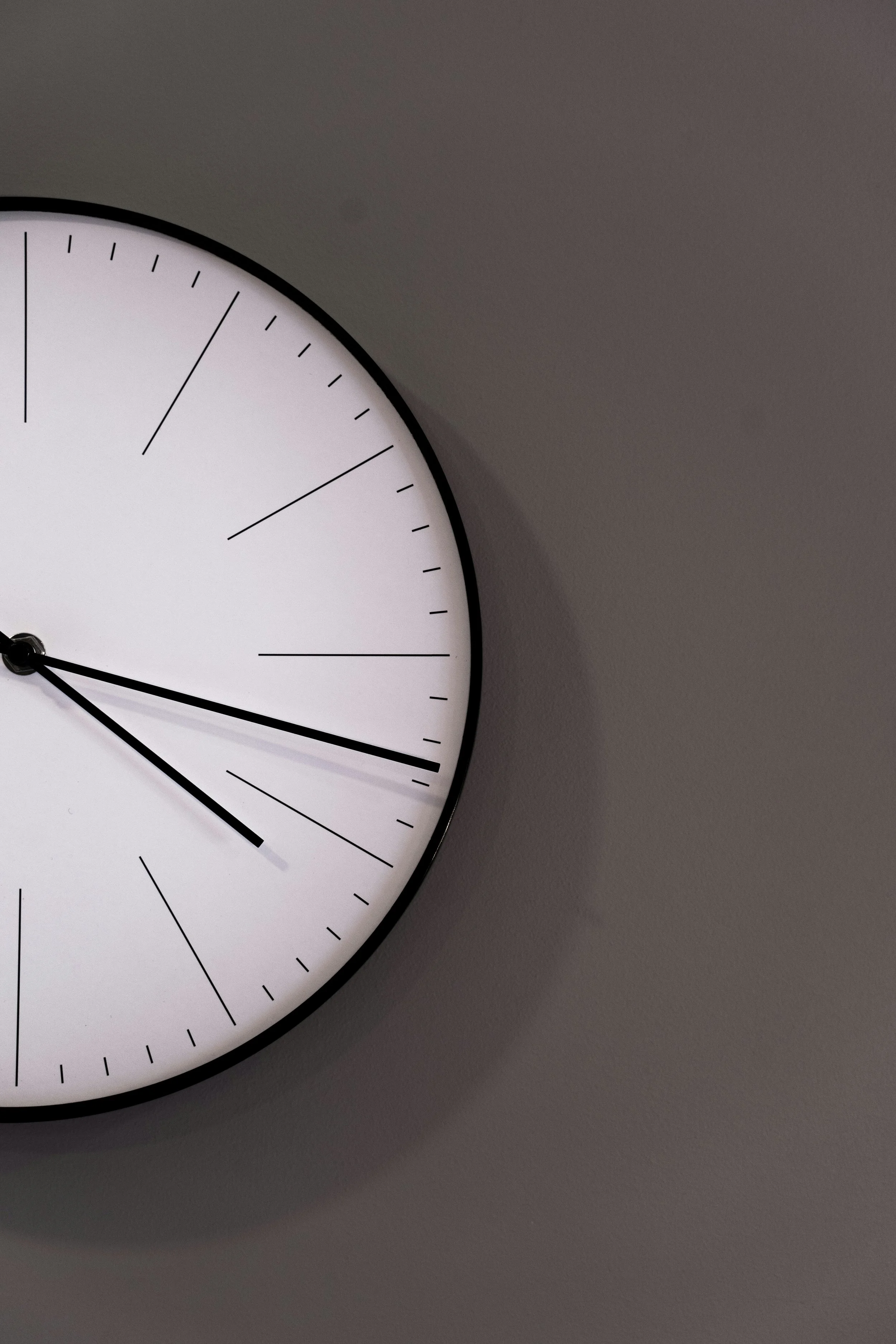The History of Time Change and Its Impact on Mental Health
Each year, many people experience a subtle but powerful shift in their daily rhythms when clocks “spring forward” or “fall back.” While Daylight Saving Time (DST) was created with practical goals in mind, this biannual time change can have unexpected effects on our mental health.
At our psychiatric practice in Asheville, we want to help you understand the history behind time change and why it matters for your well-being—so you can better prepare for and manage its effects.
🕰️ A Brief History of Daylight Saving Time
The concept of Daylight Saving Time was first proposed by Benjamin Franklin in the 18th century, who suggested adjusting clocks to make better use of daylight and save candles. However, it wasn’t until World War I that DST was widely adopted as a way to conserve energy.
The modern system of changing clocks twice a year aims to shift daylight hours to better match people’s active periods, supposedly increasing productivity and reducing energy costs.
🌞 How Time Change Affects Our Internal Clock
Our bodies run on a natural circadian rhythm—a roughly 24-hour internal clock regulating sleep, wakefulness, hormone release, and many bodily functions. When clocks change, our circadian rhythm can be disrupted, causing a temporary state of "jet lag" even without travel.
🧠 The Mental Health Impact of Time Change
For many, the shift to Daylight Saving Time in spring, which involves losing an hour of sleep, can lead to:
Increased anxiety and irritability
Difficulty falling asleep or waking up
Mood disturbances, including feelings of depression
Reduced concentration and cognitive performance
Exacerbation of existing mental health conditions such as bipolar disorder or seasonal affective disorder (SAD)
The fall shift, where we gain an hour, can also disrupt sleep patterns and mood, though usually less severely than the spring change.
🌿 Why Some People Are More Vulnerable
Individuals with mental health conditions, such as anxiety, depression, or bipolar disorder, may be particularly sensitive to changes in their sleep-wake cycle. Additionally, those already struggling with Seasonal Affective Disorder (SAD) may find that shorter daylight hours and time shifts worsen symptoms.
💡 Tips to Manage the Mental Health Effects of Time Change
Prioritize sleep hygiene: Go to bed and wake up at consistent times, even on weekends.
Gradually adjust your schedule: Shift your bedtime by 15-20 minutes a few days before the change.
Get natural sunlight exposure: Spend time outside during daylight to help reset your circadian rhythm.
Limit caffeine and screen time before bed: These can interfere with falling asleep.
Practice relaxation techniques: Meditation, deep breathing, or gentle yoga can ease anxiety.
Seek professional support: If mood changes are significant or persistent, consult a mental health provider.
📍 Supporting Your Mental Health in Asheville
At our psychiatric practice, we understand how seasonal and environmental changes impact your mental health. We offer comprehensive care to help you navigate these transitions with resilience and peace.
If you’re experiencing mood swings, anxiety, or sleep problems linked to time changes or seasonal shifts, reach out to us for compassionate, personalized support.
📞 Take Care of Your Mental Health Year-Round
Don’t let the time change catch you off guard. Early preparation and mindful care can make all the difference.
